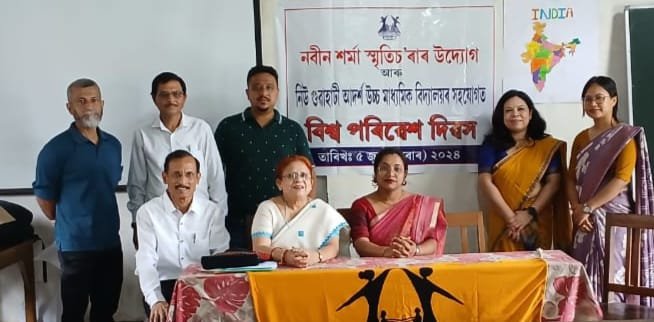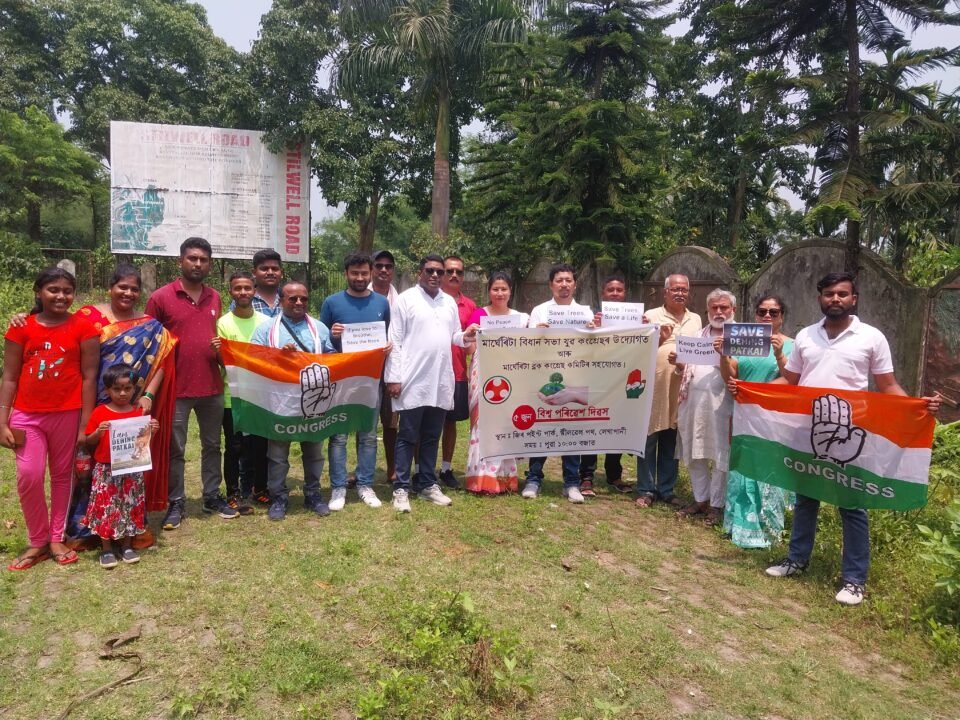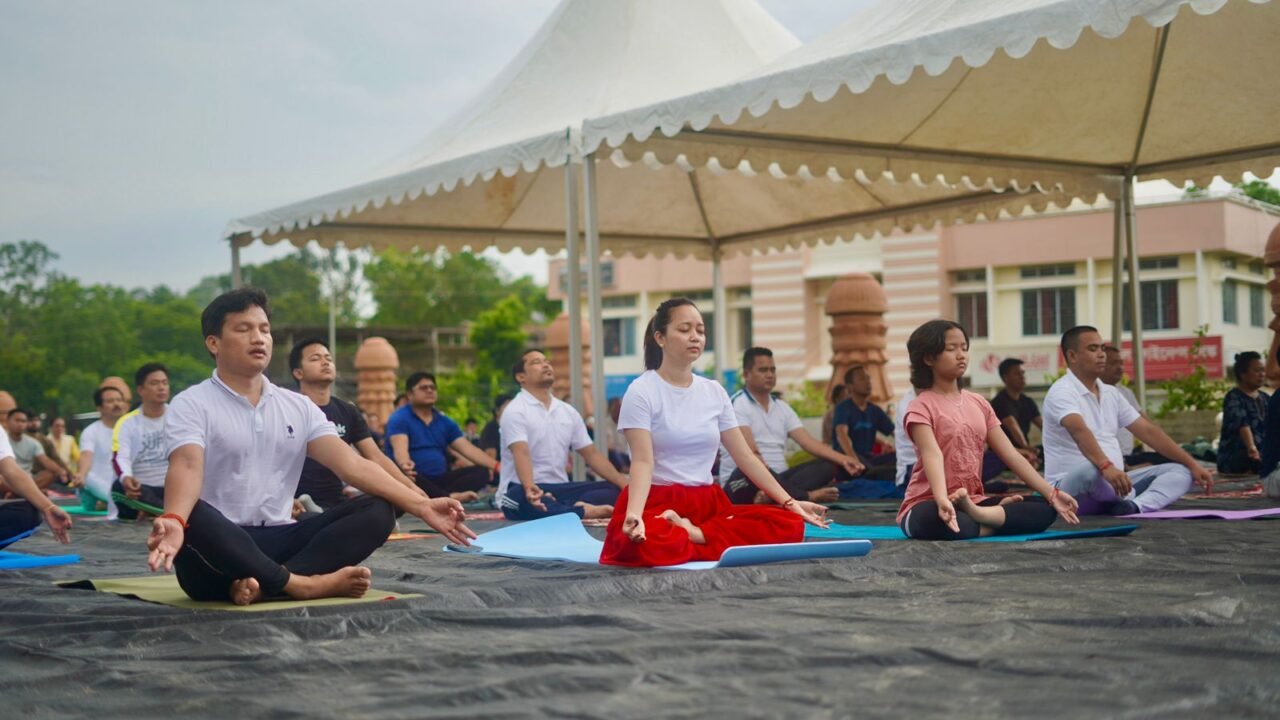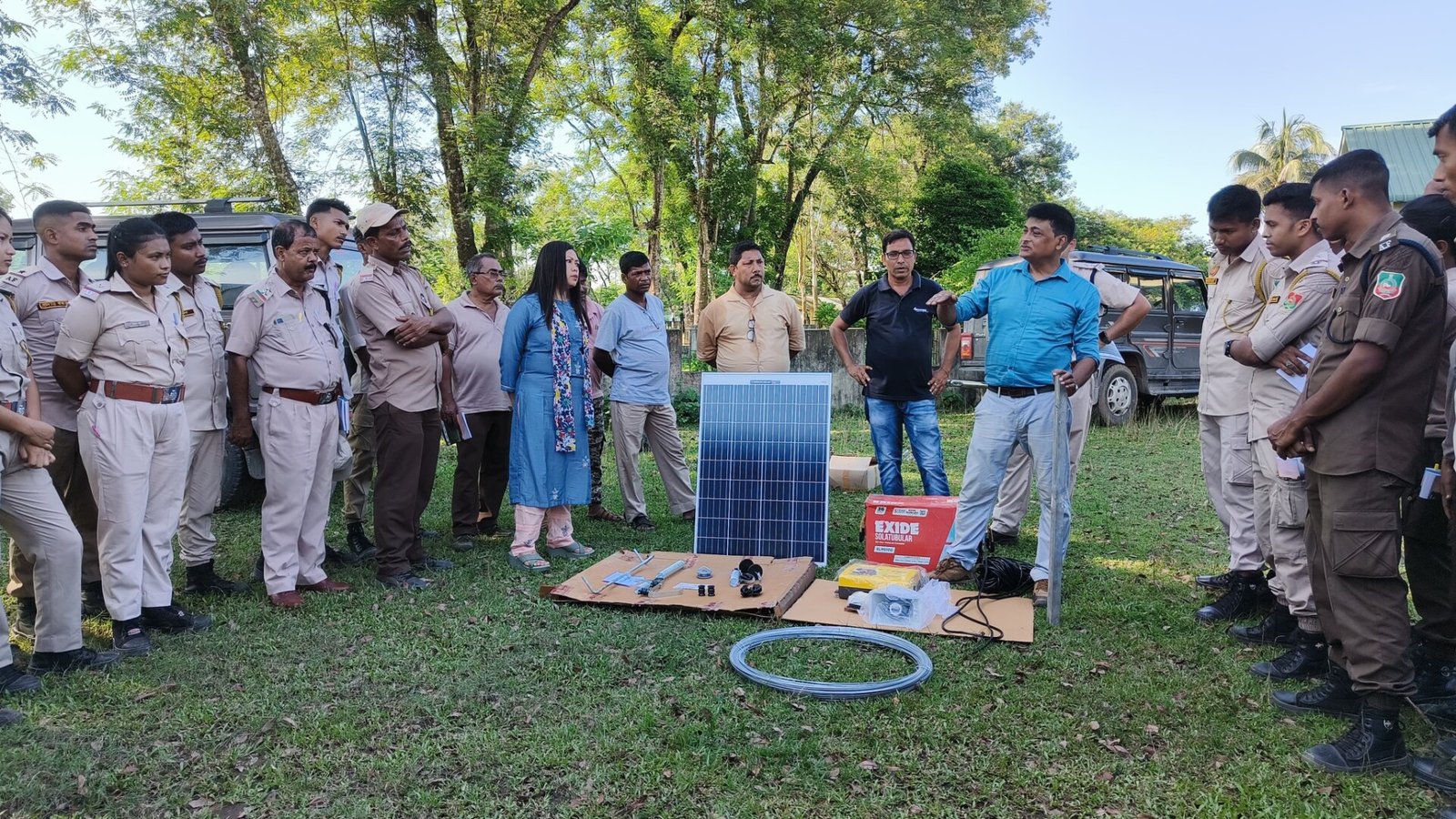HT Bureau
GUWAHATI, Jan 8: The Wildlife Crime Control Bureau (WCCB) of the Union Ministry of Environment, Forests & Climate Change, in collaboration with Aaranyak, conducted a workshop to enlighten Panchayati Raj Institutions (PRIs) members, forest staff, and villagers on their crucial role in preventing wildlife crime and illegal trade.
The workshop, titled ‘Prevention of Wildlife Crime and Role of PRI Members’, took place on December 28 at the Centre of Excellence (Citrus crops) in Chaygaon, Bamunigaon. Jawaharlal Baro, assistant director of the WCCB, highlighted the significance of wildlife conservation and engaged participants on how they could contribute to curbing wildlife crime and illegal trade. Baro utilised a PowerPoint presentation to illustrate species identification and the various techniques employed by illegal wildlife traders.
The divisional forest office, West Kamrup Division, Government of Assam, provided support for organizing the workshop. The one-day sensitisation program brought together forest staff from the West Kamrup Division and villagers, primarily PRI members.
Dimpi Bora (IFS), divisional forest officer of Kamrup West Division, graced the workshop as a special guest, while Shamim Akhtar, forest ranger of the Loharghat Range, also participated.
Ajoy Kumar Das, a practicing advocate at the Gauhati High Court and senior law consultant of Aaranyak, delved into the three-tier system of Panchayati Raj in India, emphasising its constitutionalisation through the 73rd constitutional amendment in 1992. Das highlighted that the Assam Panchayati Raj Act, 1986, replaced the 1972 Act and came into effect in September 1990. He underscored the advanced state of the PRI system in Assam as a well-established form of local self-governance.
Advocate Das encouraged PRI members to play a significant role in wildlife crime prevention by acting as informants in investigations or witnesses in court cases. He emphasised their potential to raise awareness at the grassroots level about the importance of wildlife. Discussing Section 125 of the Indian Evidence Act 1872, Das assured PRI members that their names would remain undisclosed in investigation diaries, fostering a sense of security in their cooperation with the Forest Department.
The workshop aimed to garner community support for wildlife conservation, recognising the pivotal role that local institutions and individuals can play in curbing wildlife crime and fostering a harmonious coexistence with the environment.












